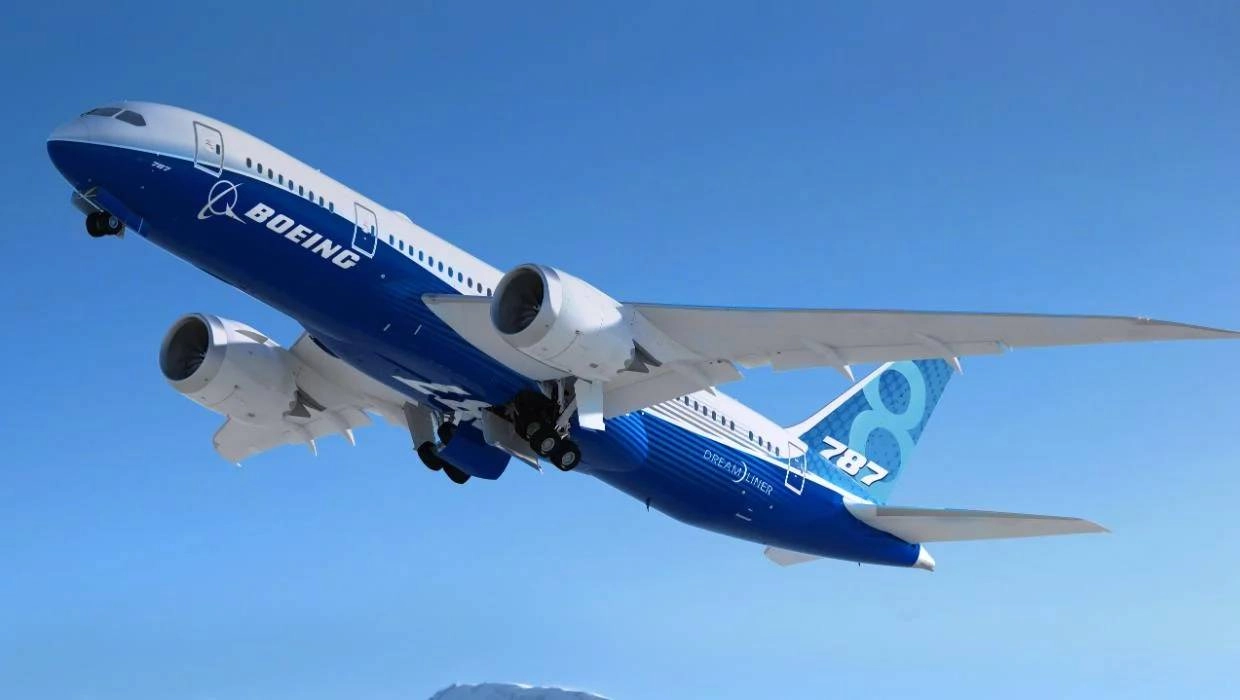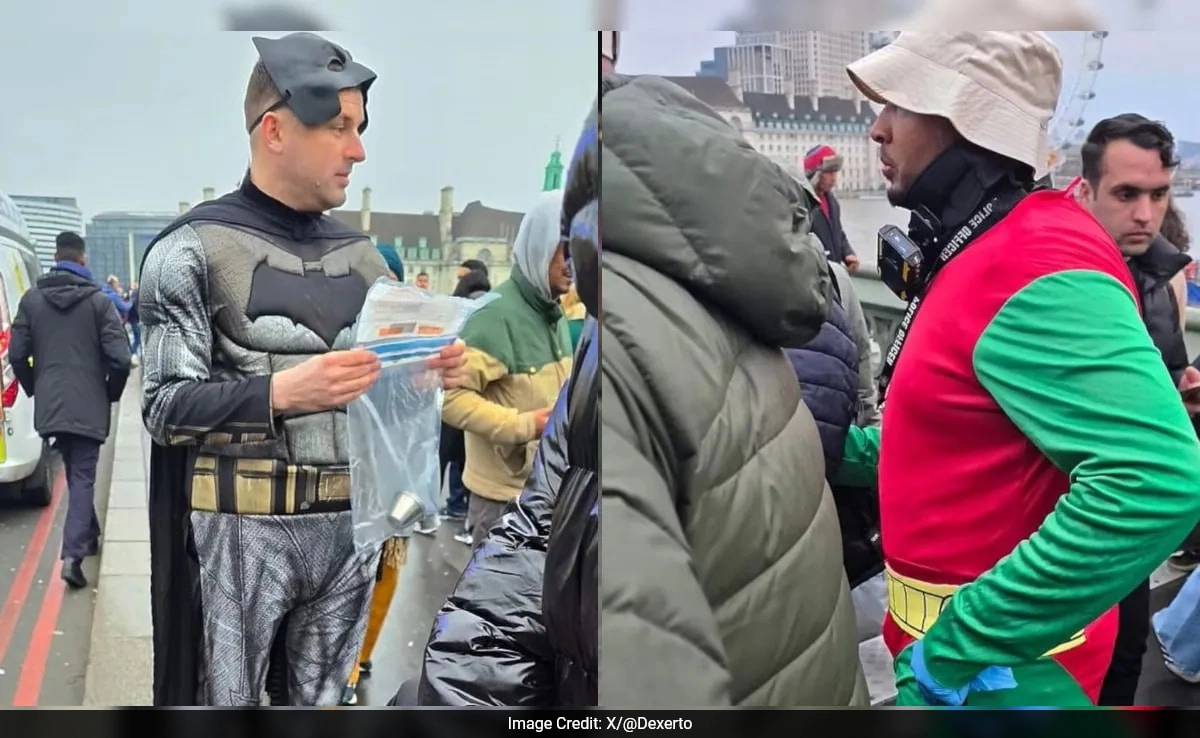Former President Donald Trump has made headlines with his recent statement regarding NATO’s response to Russian jets allegedly violating the airspace of member nations. In a bold assertion, Trump has urged NATO to take a more aggressive stance by shooting down any Russian aircraft that breach their territorial boundaries. This call to action reflects a significant shift in the dialogue surrounding NATO’s role and responsibilities, particularly in the face of increasing tensions between Russia and Western nations.
Trump’s comments come amid heightened concerns about Russian military activity in Europe, which has raised alarms within NATO about the potential for direct confrontations. The former president’s suggestion to use military force underscores the gravity of the situation and the need for a unified response from NATO allies. By advocating for such a decisive measure, Trump aims to send a clear message to Moscow that violations of airspace will not be tolerated, thereby reinforcing the principle of collective defense that underpins the alliance.
This stance also raises questions about the implications of such actions for international relations and the delicate balance of power in the region. Shooting down Russian jets could escalate tensions dramatically, potentially leading to retaliatory measures from Moscow. NATO members would need to carefully consider the potential consequences of any military engagement, weighing the risks of conflict against the necessity of defending their sovereignty. Trump’s remarks may resonate with those who believe in a more assertive posture against perceived aggressors, but they also highlight the complexities of military diplomacy in a volatile geopolitical landscape.
As NATO navigates these challenges, the alliance’s commitment to collective defense will be put to the test. The member states must find a way to address security concerns while avoiding unnecessary escalation. Trump’s provocative suggestion has reignited debates about military readiness and the effectiveness of diplomatic channels in managing conflicts. As the situation evolves, the actions of NATO and its leaders will be closely scrutinized, both by the international community and by their own citizens, who are keenly aware of the stakes involved in maintaining peace and stability in a world rife with tension.




